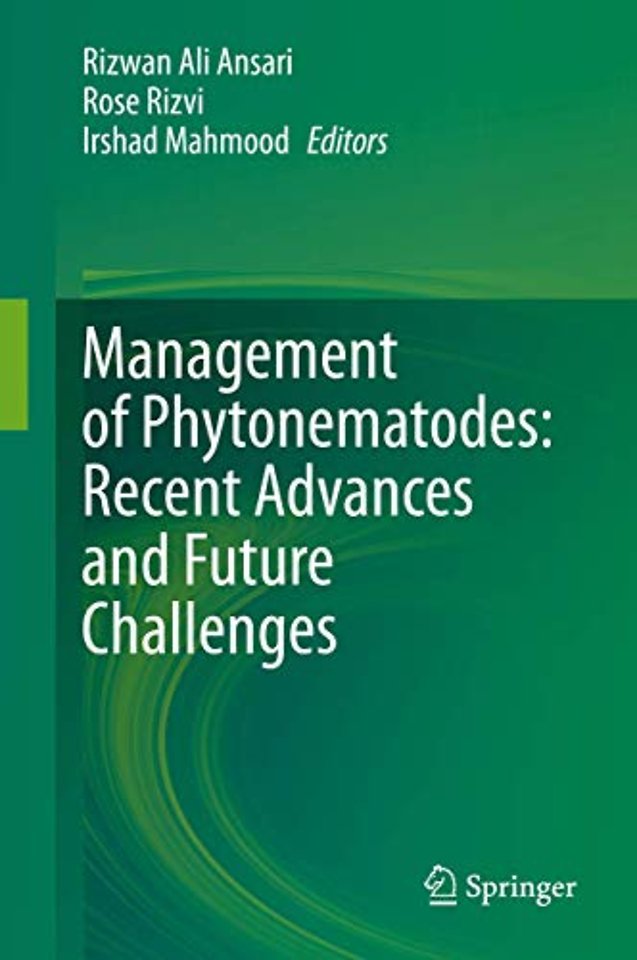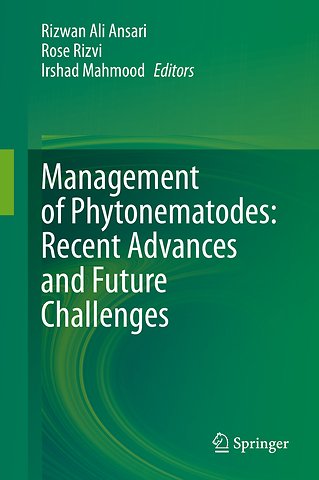Management of Phytonematodes: Recent Advances and Future Challenges
Samenvatting
This book illustrates the currently available strategies for managing phytonematodes. It discusses the latest findings on plant-pathogen-microbiome interactions and their impacts on ecosystems, and provides extensive information on the application of microorganisms in the sustainable management of phytonematodes. This is followed by an in-depth discussion of the application of potential strains of biocontrol fungi, endophytes and actinomycetes to enhance plants’ ability to fend off phytonematode attacks, leading to improved plant health. In conclusion, the book addresses new aspects like the biofabrication of nanoparticles and their application in plant disease management, and presents an extensive list for further reading.

